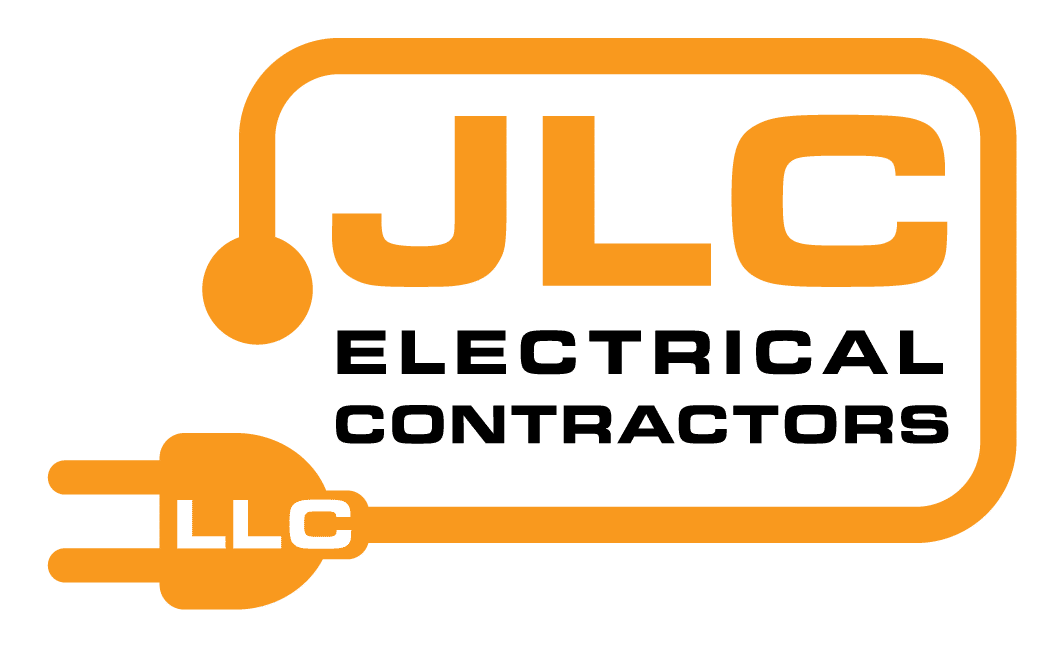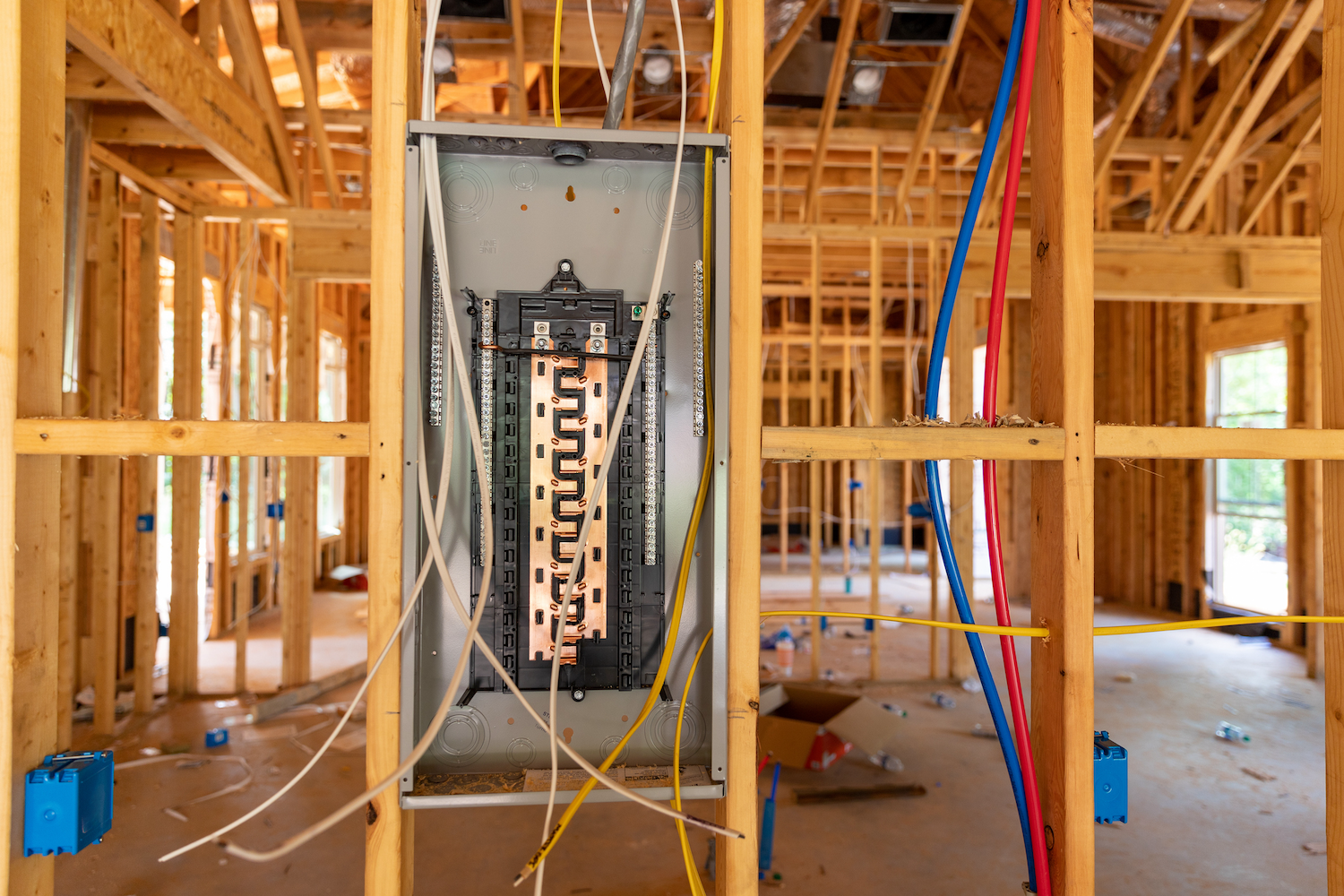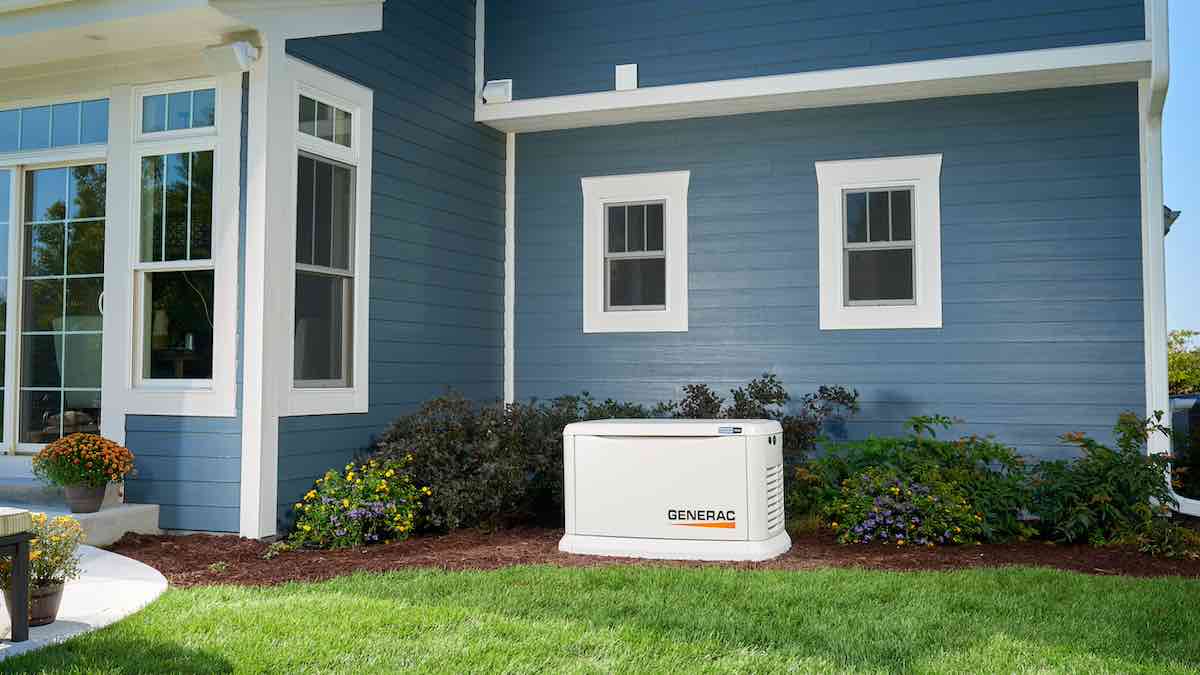Your home’s electrical panel is the heart of its electrical system, distributing power to every room and appliance. Over time, as electrical demands increase and technology evolves, your electrical panel may struggle to keep up. Recognizing when it’s time to upgrade your electrical panel is crucial for maintaining a safe, efficient, and reliable electrical system. Here are a few things to keep an eye out for.
Frequent Circuit Breaker Trips – One of the most common indicators that your electrical panel needs an upgrade is frequent circuit breaker trips. Circuit breakers are designed to protect your electrical system by shutting off power when there’s an overload or short circuit. If your breakers trip often, it could mean that your panel is overloaded and unable to handle the electrical load of your home.
Flickering or Dimming Lights – If you notice your lights flickering or dimming, especially when you turn on certain appliances, it could be a sign that your electrical panel is struggling to supply consistent power. This issue often arises from overloaded circuits or an inadequate power supply, indicating that an upgrade may be necessary to provide stable power distribution.
Outdated Electrical Panel – Homes built several decades ago may still have outdated electrical panels, such as fuse boxes or panels with outdated circuit breakers. These old systems may not meet current safety standards and can pose a significant risk of electrical fires. Upgrading to a modern electrical panel with updated circuit breakers can enhance safety and reliability.
Adding New Appliances or Electronics – f you’re planning to add new high-powered appliances or electronics, such as a home theater system, electric vehicle charger, or additional HVAC units, your existing electrical panel may not have the capacity to handle the increased load. Upgrading your panel ensures that it can accommodate the new electrical demands without overloading.
Burning Smells or Scorch Marks – Burning smells, scorch marks, or discoloration around your electrical panel or outlets are serious warning signs. These can indicate overheating, arcing, or other potentially dangerous electrical issues. If you encounter any of these signs, it’s essential to contact a licensed electrician immediately to assess and upgrade your panel if necessary.
Insufficient Outlets If you find yourself relying heavily on power strips and extension cords, it might be a sign that your home’s electrical system isn’t keeping up with your needs. Modernizing your electrical panel can allow for the installation of additional circuits and outlets, reducing the need for overloading existing ones.
Buzzing or Humming Sounds – Unusual sounds coming from your electrical panel, such as buzzing or humming, can indicate loose connections or overloaded circuits. These issues can lead to overheating and pose a fire hazard. An upgrade can help resolve these problems and ensure your electrical system operates quietly and safely.
Planning a Home Renovation – If you’re planning a major home renovation or expansion, it’s an excellent time to consider upgrading your electrical panel. Renovations often increase electrical demands, and upgrading your panel can ensure that your electrical system can handle the added load, preventing future issues and improving overall electrical performance.
Upgrading your electrical panel is an investment in your home’s safety, efficiency, and reliability. By recognizing the key signs that your panel may need an upgrade, you can take proactive steps to address potential issues before they become serious problems. If you’re experiencing any of the signs mentioned above, don’t wait until it’s too late. Contact JLC Electrical Contractors in Wall, NJ, to evaluate your electrical system and discuss your upgrade options. Ensuring your electrical panel is up-to-date can provide peace of mind and a safer, more efficient home for you and your family. Reach out to us today to schedule a consultation and take the first step towards a more secure and reliable electrical system.




